Where You Get Acne Reveals A Lot About Your Health
Amazingly enough, there is an ancient theory as to why people develop acne on certain parts of their bodies. Modern dermatologists continue to believe in a theory borrowed from ancient Chinese and Indian medicines known as "face-mapping" to determine what the underlying causes of acne may be and how to prevent future outbreaks. For example, body acne is normally attributed to hormonal imbalances and genetics. However, it is also suggested that sufferers consider experimenting with different body care products, change the type of clothes they wear, and avoid pressure on the skin from a backpack or purse. Let's take a look at where you get acne says about your health now.
Forehead & Eyebrows
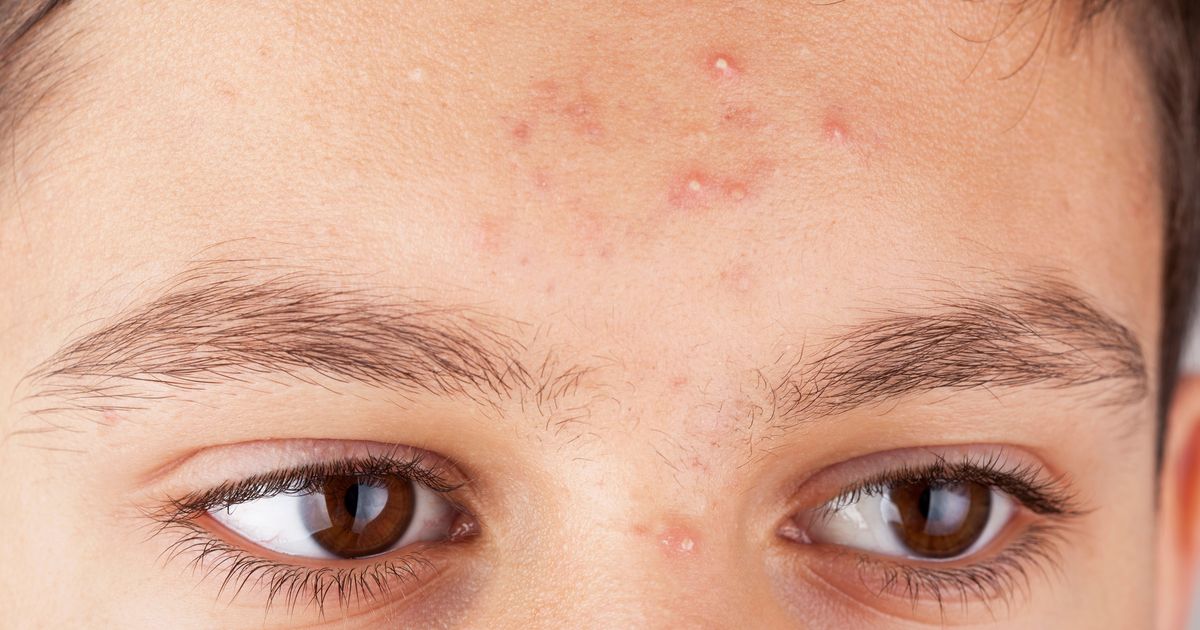
When you continually suffer acne breakouts in the forehead and eyebrows region, it is typically resolved by eating a balanced diet, adequately resting, and consuming more water. A lack of H2O can increase the irritation of hairline sweat when excess salt is being flushed from your body. Shampoos and other hair care products may also contribute to acne eruptions. Also, individuals who experience excess friction against the skin in these areas could be caused by a hat or helmet, therefore regularly cleaning these items may help lessen breakouts. Some individuals even believe that outbreaks on the forehead are the result of an overactive mind. Nevertheless, the primary cause is typically believed to stem from stress, which can be psychosomatic, and digestive problems.
Continue reading to find out what it means if you get acne on your cheeks.
Cheeks
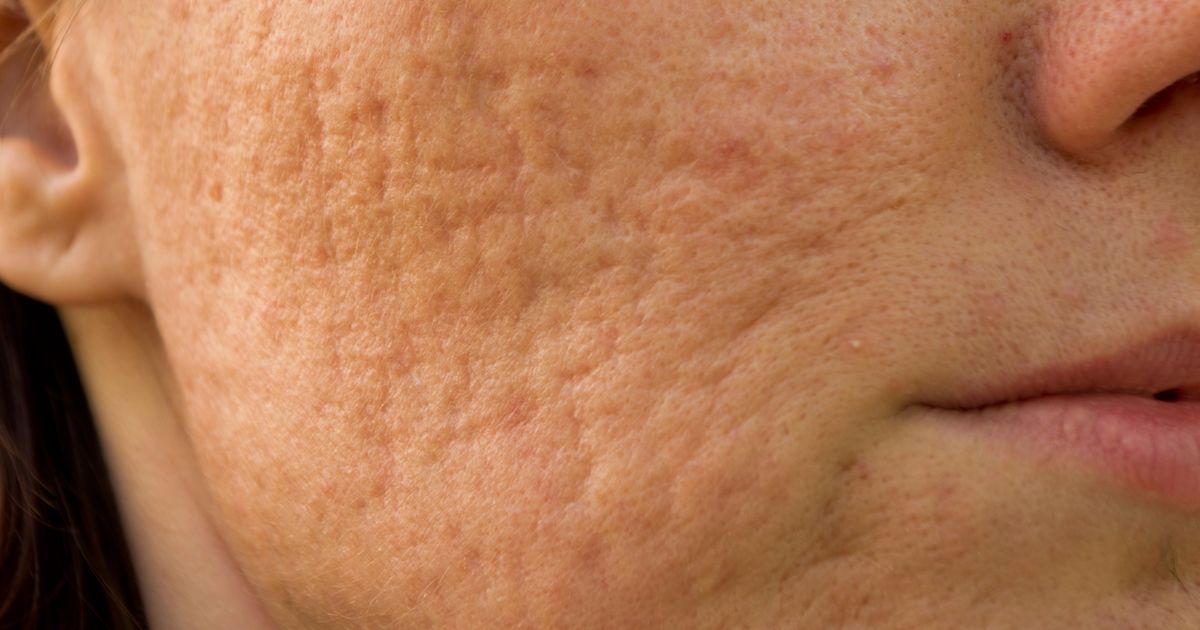
Interestingly enough, acne outbreaks occurring on the top portion of the cheek may be associated with respiratory problems. This can include pollution from city smog or a lack of purity in the home. Buying some air purifying plants or an electronic air purifier may help alleviate these symptoms. If the outbreak is on the lower portion of the cheeks, it is often due to poor dental hygiene or contact with surface bacteria. A cell phone, pillow, or frequently touching your face after contact with other unclean surfaces can all cause eruptions. Also, bacteria from an unclean mouth can be transferred through salvia to sensitive areas on the cheeks, resulting in acne.
Next, find out why acne on your jawline and chin occurs.
Jawline & Chin
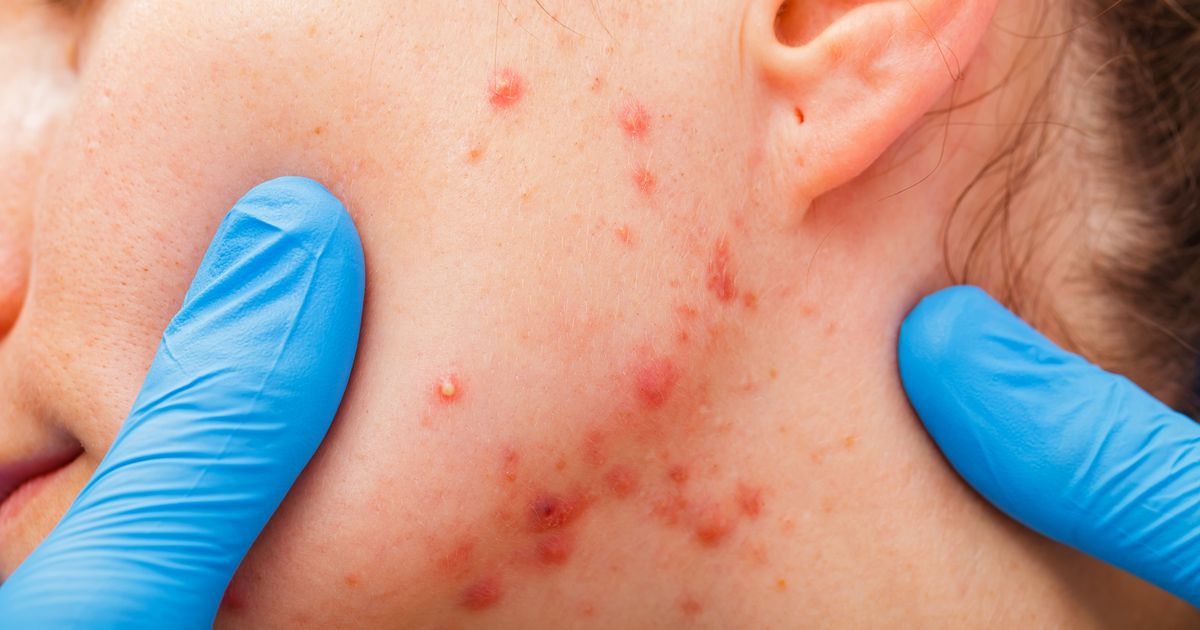
If there is no contact dermatitis to instigate outbreaks on the jawline and chin, it is usually a hormonal imbalance to blame. Eating a balanced diet and obtaining adequate rest each night, at least seven hours or so, can help lessen the amount and severity of breakouts. Omega-3 cold pressed fish oil supplements, and spearmint tea are also known to balance hormonal fluctuations. In some cases, acne may be a side effect of medications such as birth control or some women may require birth control products to alleviate their symptoms.
Spironolactone is a medication that has proven itself effective in combatting outbreaks of this sort. This is a modern-day reaffirmation of ancient medicine demonstrating that the particular areas are affected by long-recognized hormonal factors.
Continue reading to find out why you get acne on your nose or around your eyes.
Nose & Around The Eyes
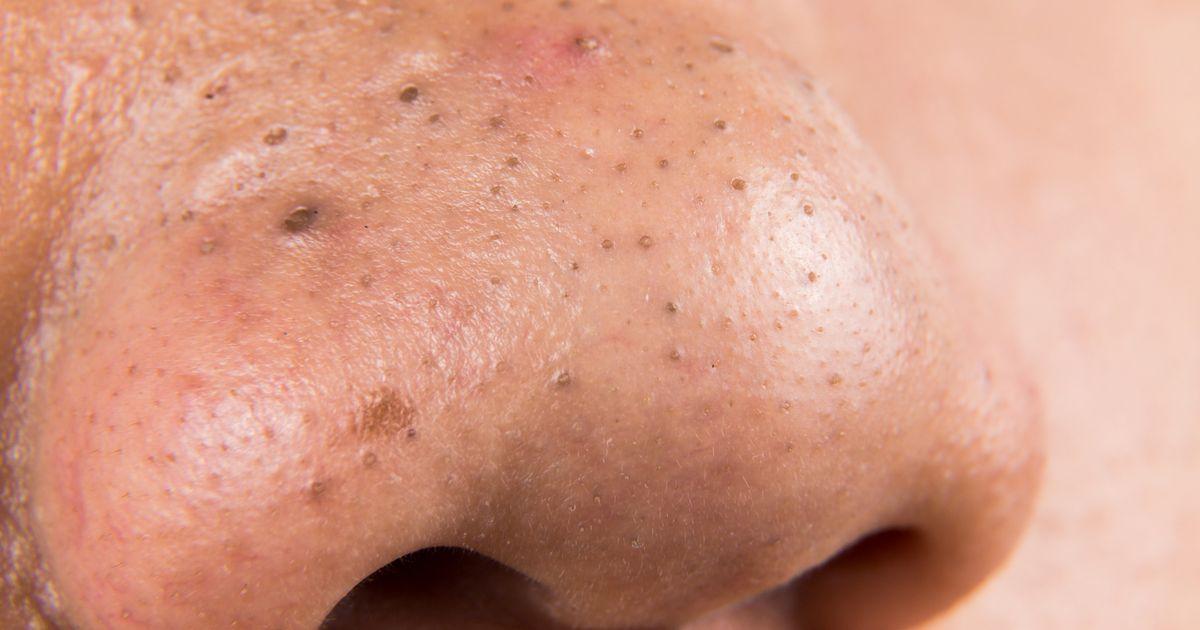
Some dermatologists call this the T-Zone because it covers the nose, eyebrows, and chin area to form a T-shape. Acne on the nose and around the eyes is generally related to digestive problems and food allergies. Eating a healthy natural diet that is free of dairy, red meat, and processed foods can significantly help. The high density of sebaceous glands in this zone makes it exceptionally susceptible to outbreaks from clogged pores. Acne eruptions on the nose are also associated with hypertension and impaired liver function. Two well known herbal supplements that help are Milk Thistle and Dandelion Leaf. Milk Thistle reduces inflammation of the liver, and Dandelion Leaf lowers hypertension by gently flushing excess sodium from the body.
Finally, listen to the health concerns acne on your ears is trying to tell you.
Ears
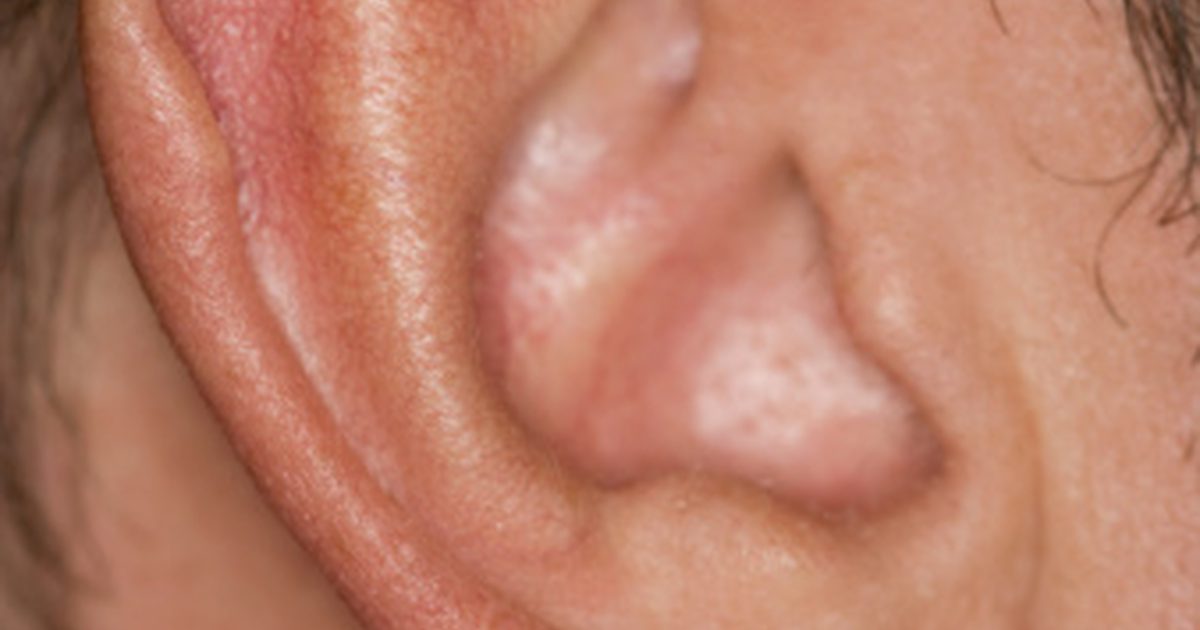
Acne eruptions on the ears are often associated with poor kidney function. If you are dehydrated and consuming excess salt, it is believed that this is an underlying cause for acne on the ears. Doctors suggest avoiding caffeinated beverages, drinking more water, and increasing consumption of kidney-healthy substances such as legumes and cranberry juice. Outbreaks in this region may appear under the skin and become very painful as there are a lot of sensitive nerve bundles there. Some natural remedies are hot and cold compresses and various daily skin treatments made from garlic, yogurt & oatmeal, citrus, egg whites & honey, and tea tree oil.